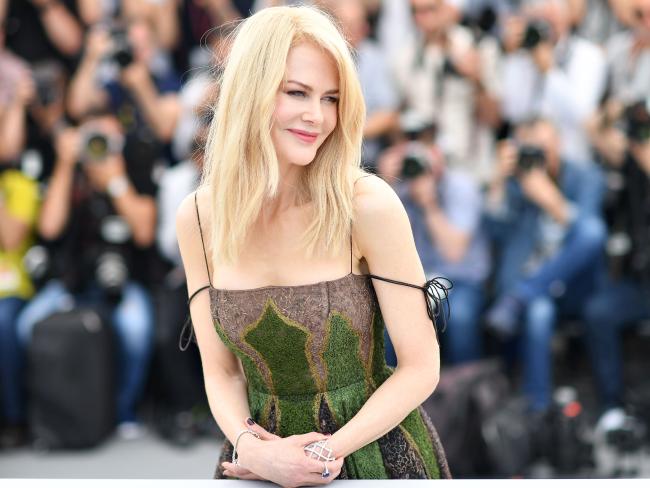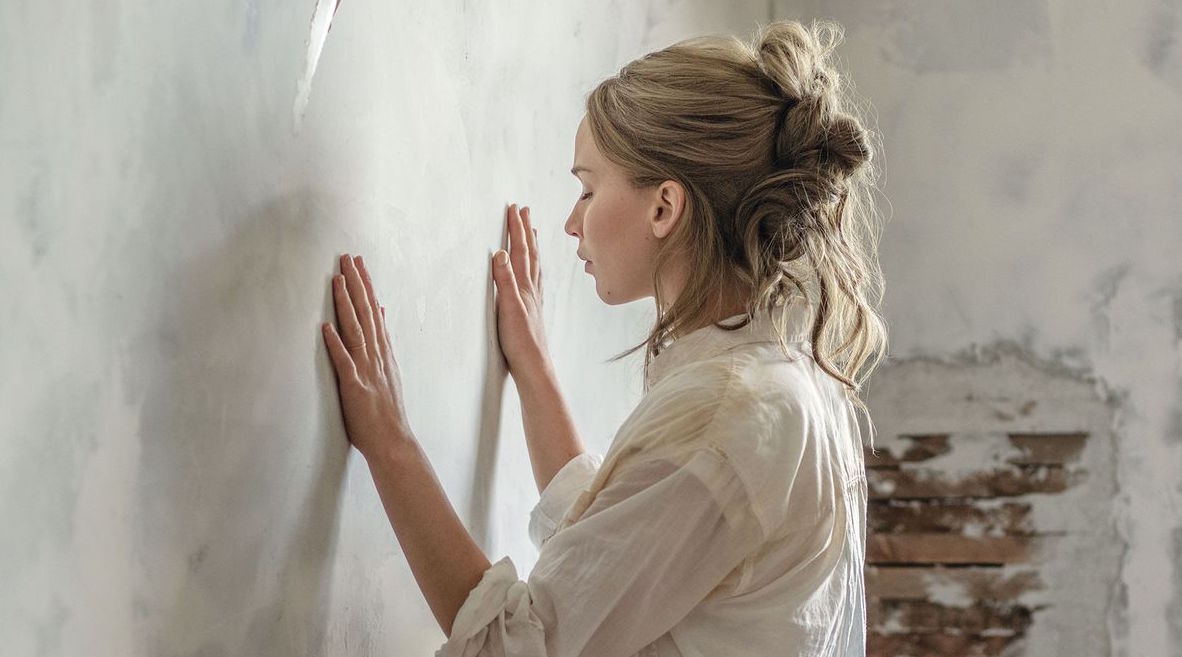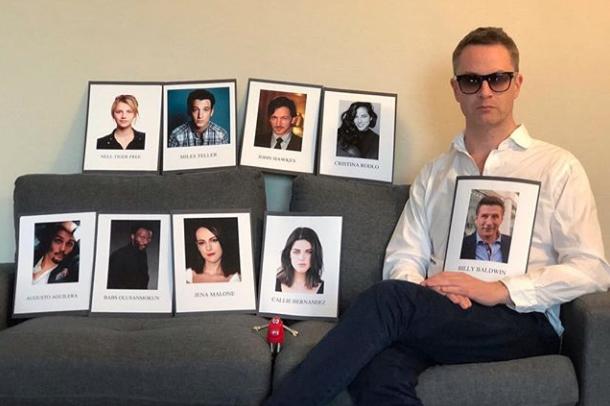Chris talks the nostalgia and nuance of Lady Bird's soundtrack...
 “I mean, what can I say? You’re Justin Timberlake.” Have you seen Greta Gerwig’s personal letters asking for song rights for Lady Bird? As if we needed these requests to Timberlake and Dave Matthews to prove that even Lady Bird’s music comes straight from the heart.
“I mean, what can I say? You’re Justin Timberlake.” Have you seen Greta Gerwig’s personal letters asking for song rights for Lady Bird? As if we needed these requests to Timberlake and Dave Matthews to prove that even Lady Bird’s music comes straight from the heart.
The film presents an incredibly specific pre-adulthood existence: Catholic high school in “the midwest of California”, and economic depression in the immediate psychological fallout of 9/11. Gerwig’s music choices are just as layered, presenting a nostalgia familiar especially to those who grew up during the era. Musically, Lady Bird lives in a time when school dances played childhood hits like Bone Thugs-N-Harmony’s “Tha Crossroads” and even your dad had Alanis Morissette references. Every horned up party was backed by Timberlake’s “Cry Me A River,” the kind of song built to instigate sexy revenge-plot daydreams with the person you are currently making out with.
If their inclusion in the film don’t spark you as razor sharp, you probably didn’t grow up in that time. But I’d like to think this is just one of the ways that Gerwig makes Lady Bird’s experience come alive.
Click to read more ...
 Wednesday, November 22, 2017 at 4:45PM
Wednesday, November 22, 2017 at 4:45PM 






